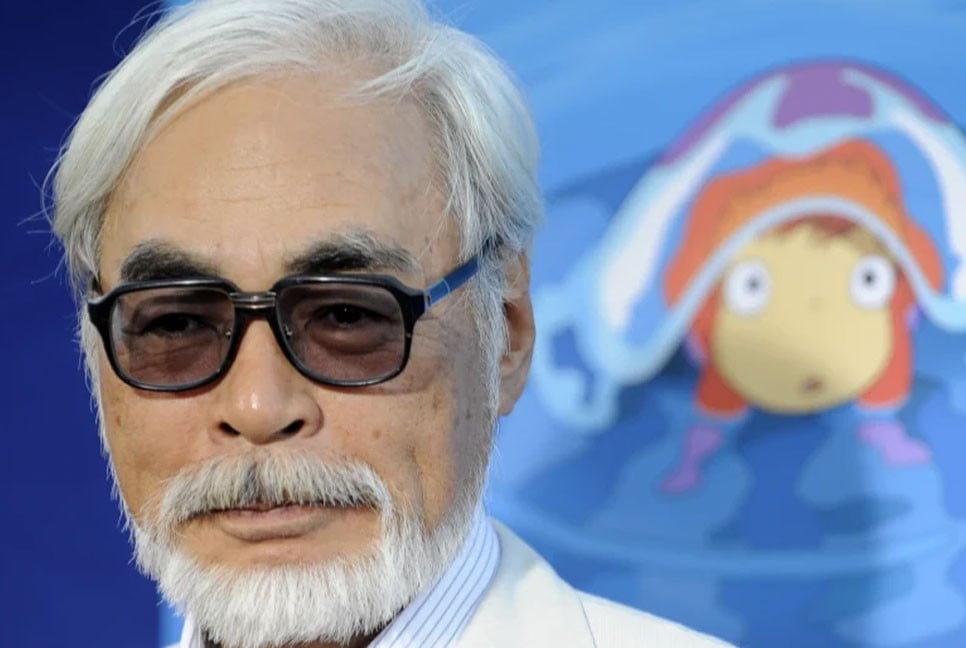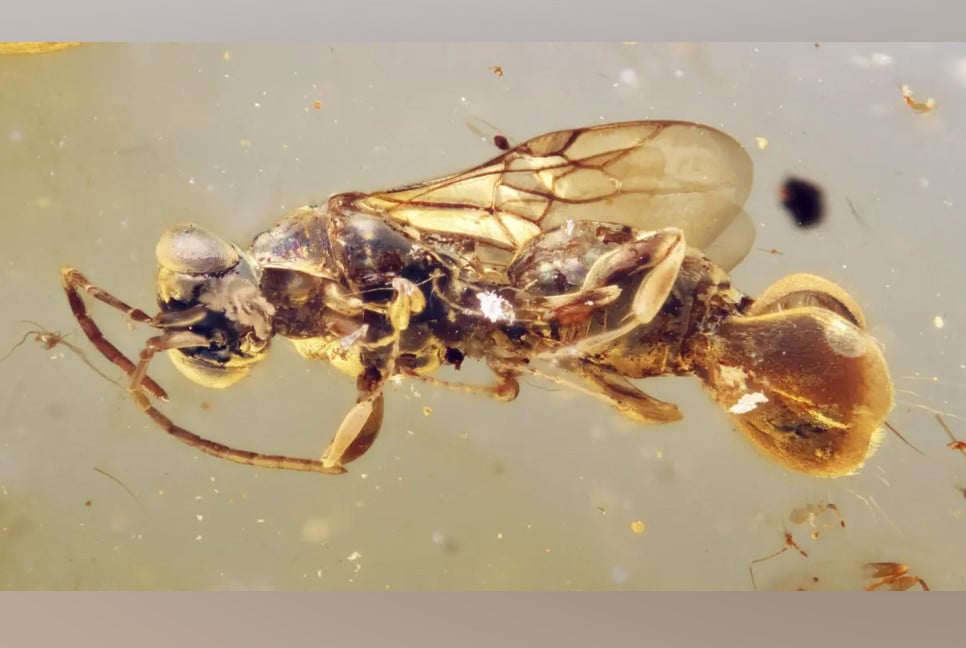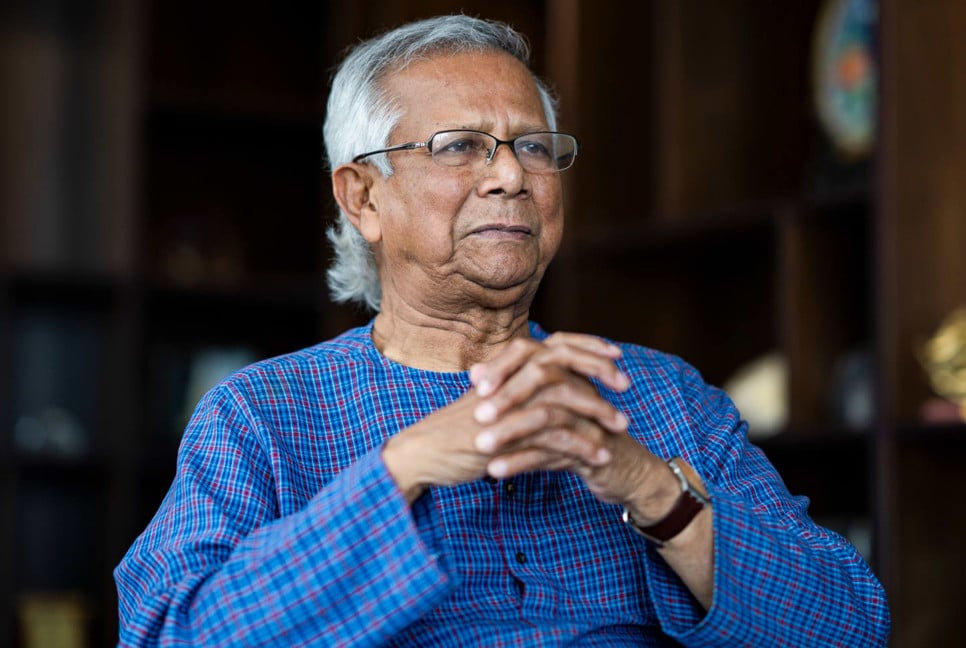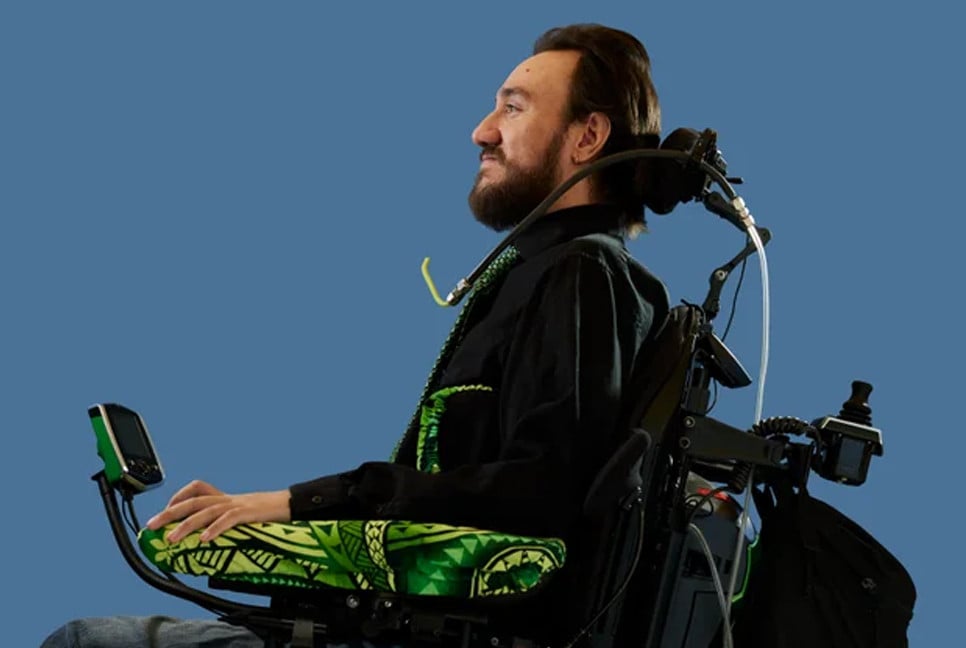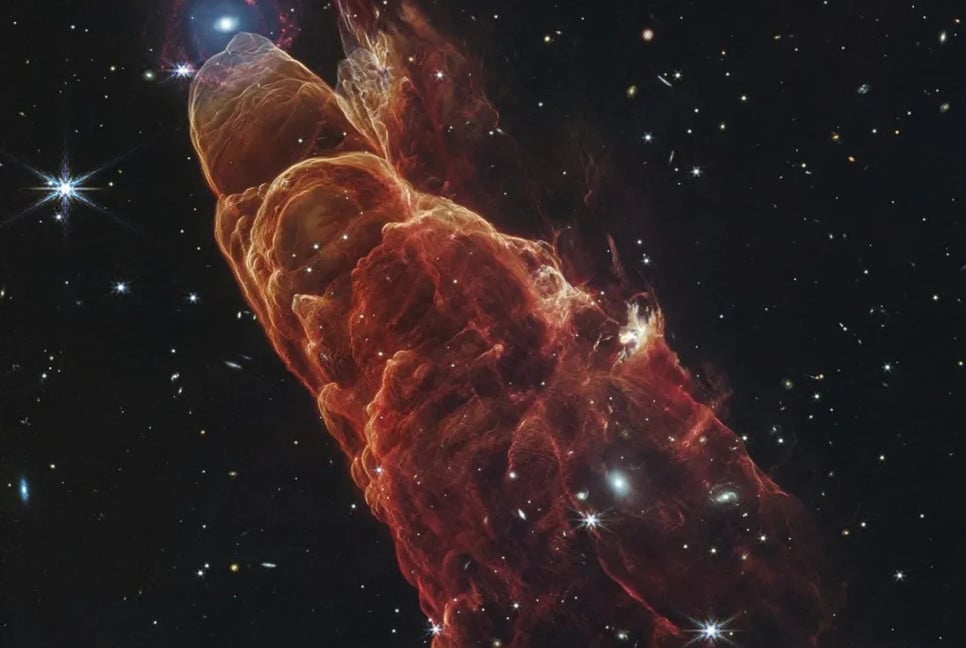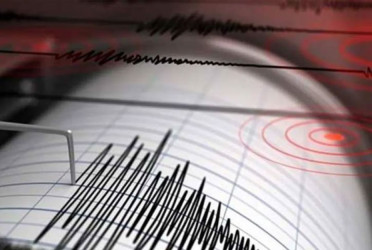Walter Cunningham, the last surviving astronaut from the first successful crewed space mission in NASA’s Apollo program, died Tuesday in Houston. He was 90, reports UNB.
NASA confirmed Cunningham’s death in a statement but did not include its cause. His family said through a spokesman, Jeff Carr, that Cunningham died in a hospital “from complications of a fall, after a full and complete life.”
Cunningham was one of three astronauts aboard the 1968 Apollo 7 mission, an 11-day spaceflight that beamed live television broadcasts as they orbited Earth, paving the way for the moon landing less than a year later.
Cunningham, then a civilian, crewed the mission with Navy Capt. Walter M. Schirra and Donn F. Eisele, an Air Force major. Cunningham was the lunar module pilot on the space flight, which launched from Cape Kennedy Air Force Station, Florida, on Oct. 11 and splashed down in the Atlantic Ocean south of Bermuda.
NASA said Cunningham, Eisele and Schirra’ flew a near perfect mission. Their spacecraft performed so well that the agency sent the next crew, Apollo 8, to orbit the moon as a prelude to the Apollo 11 moon landing in July 1969.
NASA Administrator Bill Nelson said Tuesday that Cunningham was “above all” an explorer whose work also laid the foundation for the agency’s new Artemis moon program.
The Apollo 7 astronauts also won a special Emmy award for their daily television reports from orbit, during which they clowned around, held up humorous signs and educated earthlings about space flight.
It was NASA’s first crewed space mission since the deaths of the three Apollo 1 astronauts in a launch pad fire Jan. 27, 1967.
Cunningham recalled Apollo 7 during a 2017 event at the Kennedy Space Center, saying it “enabled us to overcome all the obstacles we had after the Apollo 1 fire and it became the longest, most successful test flight of any flying machine ever.”
Bd-pratidin English/Tanvir Raihan



